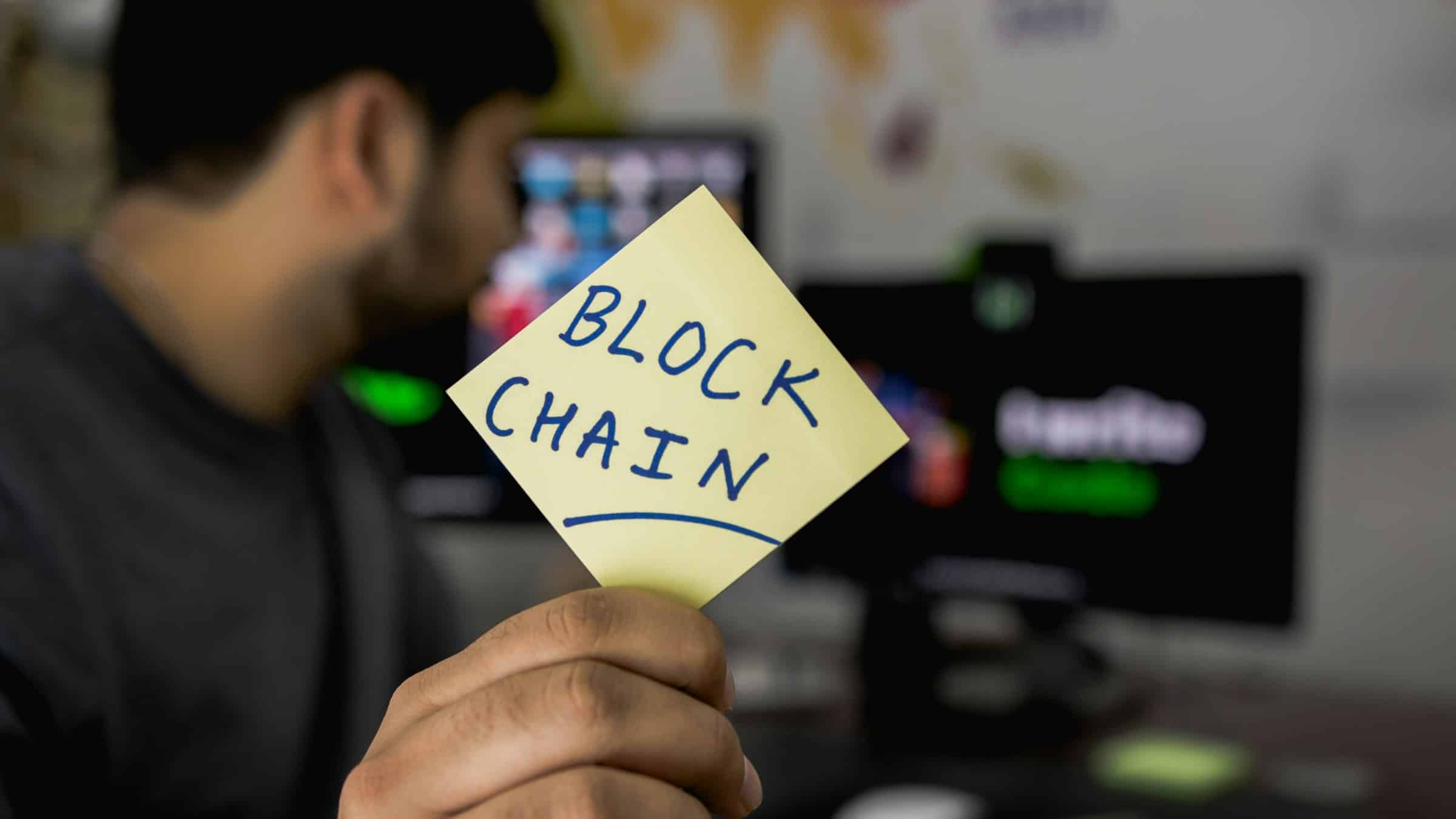Blockchain technology, often associated with cryptocurrencies, is increasingly being recognized for its potential to revolutionize various industries, including real estate. As we move further into 2024, the UK property market stands on the brink of significant change driven by this groundbreaking technology. This article will explore how blockchain could transform property transactions, ownership, and management in the UK, providing a comprehensive overview for those curious about this technological advancement.
How Blockchain Technology Enhances Property Transactions
Blockchain technology offers transparency, security, and efficiency, attributes that are crucial for property transactions. In traditional real estate transactions, the process often involves multiple intermediaries, including solicitors, estate agents, and banks, which can lead to high costs and delays. Blockchain simplifies this process by providing a decentralized ledger system.
A voir aussi : What Are the Best Practices for Transitioning to Green Cloud Computing in the UK?
With blockchain, property transactions can be recorded in a secure, tamper-proof manner. Each transaction is verified by a network of computers, ensuring its authenticity and reducing the risk of fraud. This decentralized system eliminates the need for intermediaries, thereby reducing costs and speeding up the transaction process.
Furthermore, blockchain technology can handle smart contracts, which are self-executing contracts with the terms of the agreement directly written into code. These contracts automatically trigger actions when certain conditions are met, such as the transfer of property ownership once payment is received. This automation can significantly reduce the time and cost associated with traditional contract management.
En parallèle : What Are the Benefits of AI-Enhanced Customer Service in UK Telecom Companies?
In the UK, the adoption of blockchain in property transactions could lead to a more efficient and transparent market. Buyers and sellers would benefit from faster, more secure transactions, while the reduced need for intermediaries could lower costs for all parties involved.
The Role of Blockchain in Property Ownership and Management
Blockchain technology also has the potential to transform property ownership and management. One of the most significant ways it can do this is through the creation of a blockchain-based land registry. Traditional land registries are often plagued by inefficiencies, inaccuracies, and the risk of fraud. A blockchain-based land registry can address these issues by providing a secure, transparent, and immutable record of property ownership.
In a blockchain-based land registry, each property is represented by a unique digital token, which can be transferred from one party to another. This token represents the ownership of the property, and its transfer can be tracked in real-time on the blockchain. This system not only reduces the risk of fraud but also makes it easier to verify ownership and track changes over time.
Blockchain can also facilitate fractional ownership, which allows multiple parties to own a share of a property. This concept, which is often represented by Non-Fungible Tokens (NFTs) in the digital world, can be applied to real estate to make property investment more accessible. For instance, investors can purchase a fraction of a property, represented by an NFT, and enjoy a portion of the rental income and capital appreciation.
In terms of property management, blockchain can streamline various processes, from tenant screening to rent collection. Smart contracts can automatically enforce lease terms, ensuring timely rent payments and reducing the risk of disputes. Additionally, blockchain can provide a transparent record of property maintenance and repairs, enhancing trust between landlords and tenants.
Blockchain’s Impact on the Real Estate Market and Development
The impact of blockchain technology on the real estate market extends beyond transactions and ownership. It has the potential to transform the entire real estate sector, including property development. Blockchain can provide real-time data on property transactions, market trends, and investment opportunities, enabling developers to make more informed decisions.
For instance, blockchain can provide detailed data on property prices, rental yields, and demand trends, helping developers identify lucrative opportunities. This data-driven approach can lead to more efficient and profitable developments, benefiting both developers and investors.
In the real estate market, transparency is crucial for building trust among buyers, sellers, and investors. Blockchain can enhance transparency by providing a clear, tamper-proof record of all property transactions. This can reduce the risk of fraud and increase confidence in the market.
Moreover, blockchain can facilitate the development of blockchain-based real estate apps, which can streamline various aspects of property transactions and management. These apps can provide a platform for buyers and sellers to connect, view property listings, and complete transactions securely and efficiently. They can also offer tools for property management, from rent collection to maintenance scheduling.
The Benefits and Challenges of Implementing Blockchain in Real Estate
While the potential benefits of blockchain in real estate are significant, the implementation of this technology is not without challenges. One of the main benefits is the increased transparency and security that blockchain provides. By recording transactions on a decentralized ledger, blockchain reduces the risk of fraud and ensures that all parties have access to the same information.
Moreover, blockchain can significantly reduce transaction costs and time. By eliminating the need for intermediaries, blockchain can streamline the transaction process and lower costs for buyers and sellers. Additionally, the use of smart contracts can automate various aspects of property transactions, reducing the time and effort required to complete them.
Another significant benefit is the potential for fractional ownership. Blockchain can make it easier for investors to purchase and own a share of a property, providing a new way to invest in real estate. This can increase access to property investment and provide new opportunities for diversification.
However, the implementation of blockchain in real estate also presents several challenges. One of the main challenges is the need for regulatory clarity. The use of blockchain and smart contracts in real estate transactions is still a relatively new concept, and existing laws and regulations may not fully address the complexities of these technologies. Therefore, regulators need to provide clear guidelines and frameworks to support the adoption of blockchain in real estate.
Another challenge is the need for widespread adoption. For blockchain to be truly effective in real estate, it needs to be adopted by all parties involved in the transaction process, including buyers, sellers, agents, and regulators. This requires significant education and training to ensure that all parties understand how to use blockchain and its benefits.
The Future of Blockchain in the UK Property Market
As we look to the future, it is clear that blockchain has the potential to significantly transform the UK property market. By providing a secure, transparent, and efficient way to record and manage property transactions, blockchain can address many of the challenges currently facing the industry.
In the coming years, we can expect to see increased adoption of blockchain technology in various aspects of real estate, from transactions and ownership to property management and development. As blockchain becomes more integrated into the real estate sector, it will likely lead to a more transparent, efficient, and accessible property market.
The development of blockchain-based real estate apps will also play a crucial role in this transformation. These apps can provide a platform for buyers and sellers to connect and complete transactions securely and efficiently. They can also offer tools for property management, from rent collection to maintenance scheduling, making it easier for landlords and tenants to manage their properties.
In conclusion, blockchain technology has the potential to revolutionize the UK property market by enhancing transparency, security, and efficiency in property transactions and management. While there are challenges to overcome, the benefits of blockchain are significant and far-reaching. As we move further into 2024, it is clear that blockchain will play an increasingly important role in the future of real estate.
By embracing this technology, the UK property market can become more transparent, efficient, and accessible, benefiting all parties involved. Whether you are a buyer, seller, investor, or developer, understanding the potential of blockchain in real estate is crucial to staying ahead in this rapidly evolving market.













No responses yet